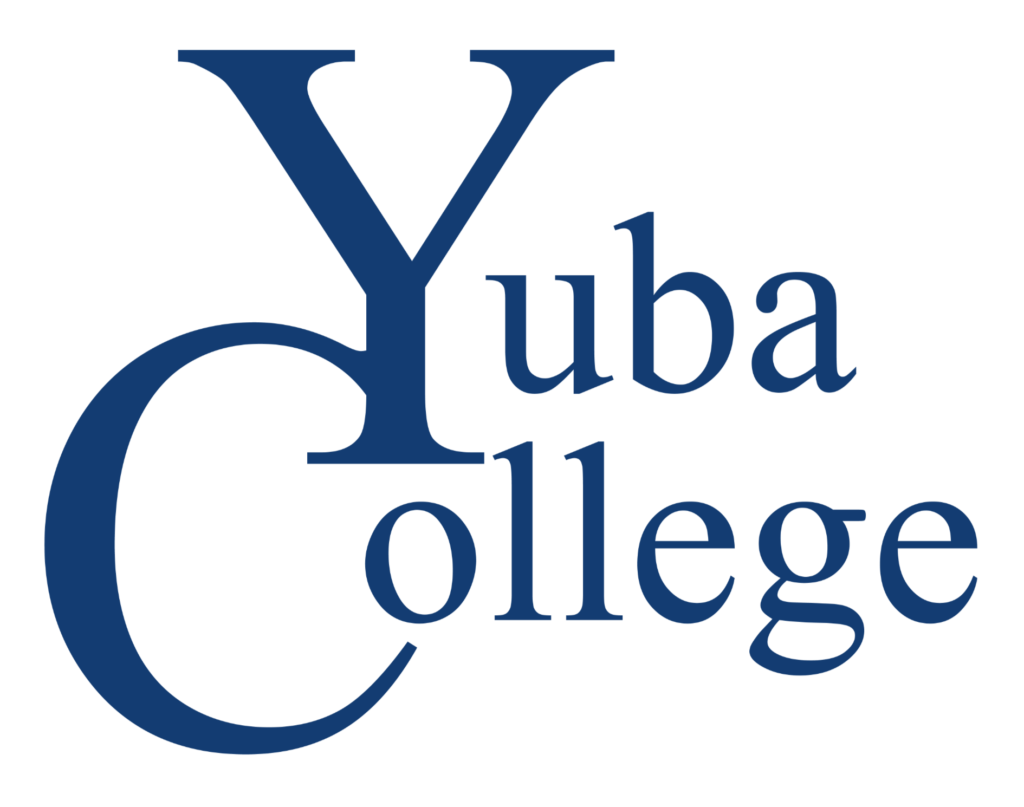Instructions for Creating a New Course at Yuba College
- Consult with your dean and department faculty about the new course idea. Consider the following criteria, endorsed by the community college system as an integral part of the best practice for curriculum development: Appropriateness to Mission, Need, Curriculum Standards, Adequate Resources, and Compliance (PCAH 8th Edition, pages 24-28).
- Develop and Submit the course in eLumen using the Curriculum Development Guidelines and eLumen User Guide – Curriculum
- Check the status of the course in eLumen and read comments before the Curriculum Committee meeting.
- Attend the Curriculum Committee meeting discussion for the proposed course.
- Complete the Course Cap form located on the district website: https://www.yccd.edu/district-services/education-and-planning/course-caps/ Note: faculty completes the Proposed class maximum and Brief rationale and submits to the division dean. The dean must consult with WCC dean if the course is taught there as well.
- The dean submits the form to the Vice Chancellor of Education and Planning Office.
New Course Criteria
The following criteria are derived from a variety of sources including YC curriculum policies and procedures, statute regulations, intersegmental agreements, transfer guidelines, accrediting recommendations, and standards of good practice in curriculum development.
Appropriateness to Mission and Goals.
- The proposing department must show how the new course fits into the existing or proposed program as a whole.
- The course objectives must be consistent with the mission of the community colleges as established by the Legislature in Education Code section 66010.4. For example, the course may address a valid transfer, occupational, or basic skills need—the course must not be primarily avocational or recreational.
- The course must be in alignment with the YC Educational Master Plan.
- The course must be in alignment with the YC College Goals and Mission Statement
Need – A clear and appropriate need must be established in the rational for the new course. The rational may include evidence of alignment with the following:
- YC Educational Master Plan o Program Review
- Transfer applicability for major preparation or GE
- CTE Regional Consortium
- External or regulating body
- Other compelling evidence of community and/or student need
Quality – The Course Outline of Record must be complete, well integrated, and adhere to the guidelines set forth in the Curriculum Instructions and Style Guides
Feasibility – The feasibility section of the Course Outline of Record (COR) must demonstrate that the College has the physical, technological, and personnel resources to offer the course at the level of quality described in the COR.
Compliance
- Departments requesting approval for a new course must present evidence that all existing curriculum is current (or launched for review) in the mandated review cycle and entered accurately into eLumen.
- Note: Emergency exceptions may be made in the event that curriculum approval timelines make compliance with state or regulatory agency mandates unlikely. In the event of an emergency exception, a signed “curriculum update plan” with agreed-upon completion dates must be submitted.
- Courses that are part of a new degree, certificate, or program proposal must be sent through the review process simultaneously with all related new curriculum. For example, all new courses that will make up a new degree or certificate must come through for review at the same time as the degree or certificate.
- Courses that will be closely related to other newly proposed courses, such as in a series or family, must come through the approval process simultaneously.
- Courses that contain a cross-listing proposal must follow the cross-listing policy and come through for review simultaneously.
- The design of the course must not conflict with applicable college, district, state or federal policies.
